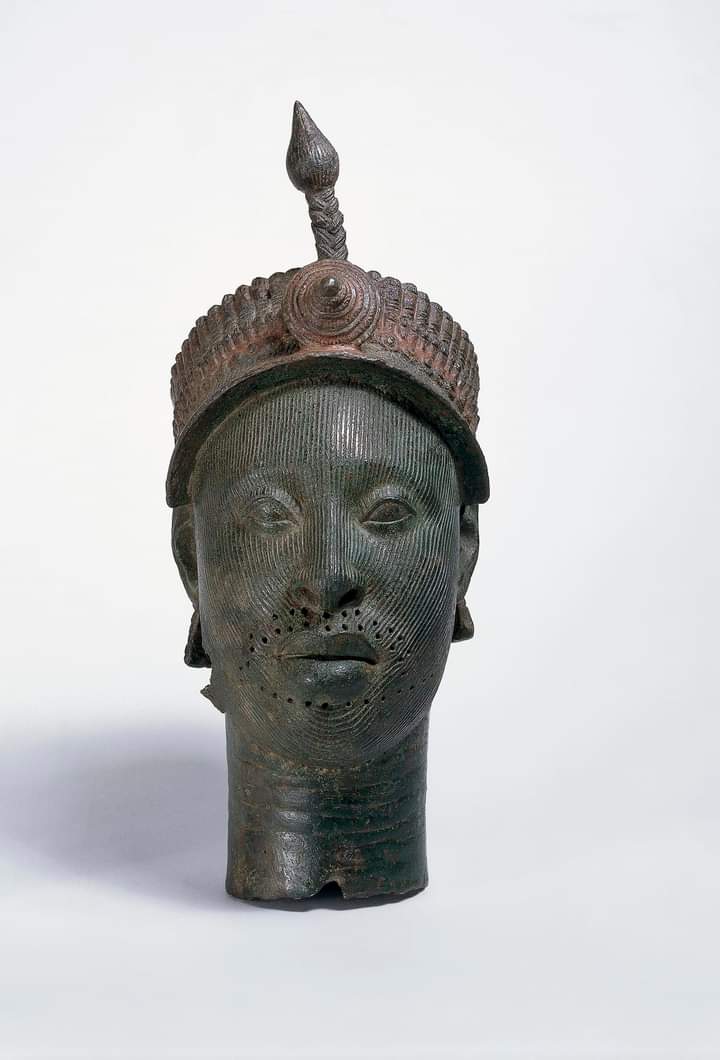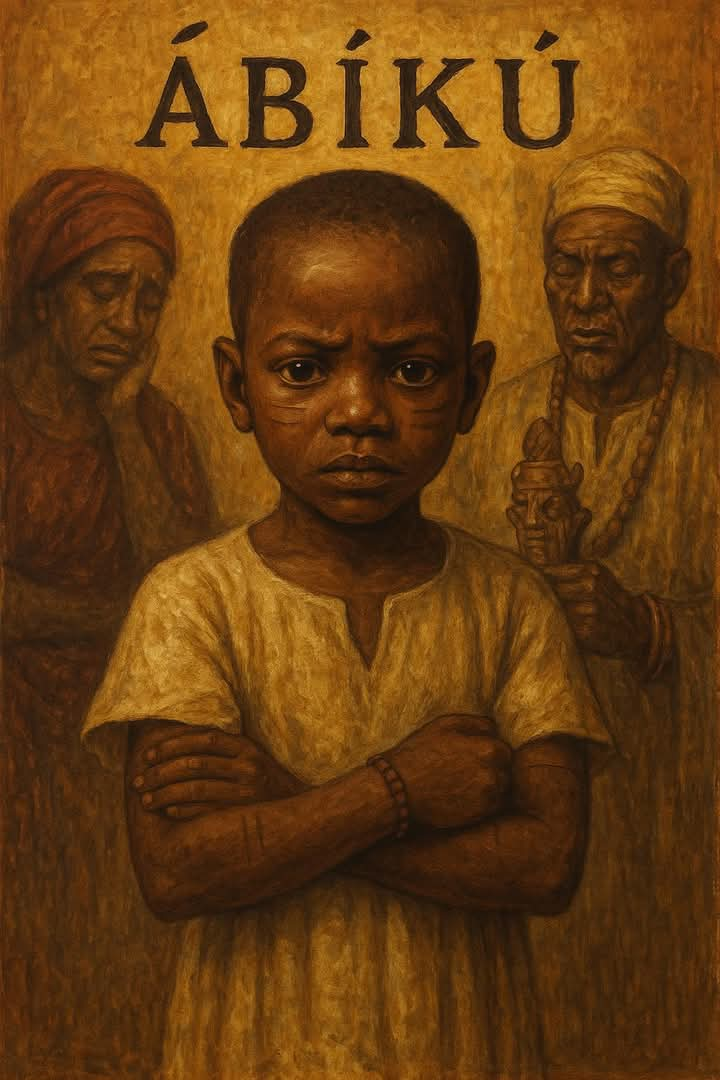ÀBÍKÚ: The Spirit Child Who Comes and Goes.
ÀBÍKÚ: The Spirit Child Who Comes and Goes.
Demystifying the Ancient Mystery in Yoruba Cosmology
In the deep wells of Yoruba thought lies a mysterious phenomenon known as ÀBÍKÚ, a concept that once haunted many households, especially in the pre-colonial and early colonial eras.
Who or What is ÀBÍKÚ?
In Yoruba tradition, ÀBÍKÚ (literally meaning “born to die”) refers to a spirit child who is born only to die young, repeatedly returning to the same mother to be reborn, only to die again. These children are believed to be members of a spiritual cult in the ethereal world, where they have pledged not to stay long in the physical realm.
Often, their repeated births and untimely deaths were seen as punishment or spiritual mischief, a battle between the physical world and the unseen realm. Parents often named such children Kúyẹ̀sàn (let death be appeased), Málọmó (don’t go again), or Dúrójaiyé (stay and enjoy life), hoping to break the cycle.
Is ÀBÍKÚ Real?
To many modern minds, the idea of ÀBÍKÚ may sound mythical or metaphorical, a way to cope with infant mortality. But in traditional Yoruba spirituality, ÀBÍKÚ was very real. Not just a belief, but a lived reality.
Priests, herbalists, and spiritualists were often consulted to “tie” the spirit child to the earth, using rituals, incantations, or even marking the body to discourage the child from returning to the spiritual plane.
It wasn’t just superstition, it was a worldview rooted in a deeply spiritual understanding of life, death, and reincarnation.
Why is ÀBÍKÚ Rare Today?
What changed?
Three major reasons:
1. Medical Advancement: Many cases that were once considered ÀBÍKÚ, frequent child deaths, were actually caused by sickle cell disease, infections, poor healthcare, or malnutrition. Today, with better prenatal care, immunizations, and public health awareness, fewer children die young.
2. Scientific Knowledge: Diseases like sickle cell anemia, which follows genetic patterns, were unknown in the past. Modern medicine has demystified what tradition could not explain.
3. Cultural Shift: While the belief still exists in some rural areas, many now interpret ÀBÍKÚ as a symbolic concept, a poetic metaphor for the fragility of life, rather than a literal spirit-being.
ÀBÍKÚ in Literature and Art
The mystery of ÀBÍKÚ has inspired powerful works.
• Wole Soyinka’s poem “Abiku” gives voice to the spirit child, mocking the efforts to keep him earthbound.
• J. P. Clark’s version, also titled “Abiku,” captures the sorrow and frustration of the parents.
Through these works, we see how ÀBÍKÚ is not just a belief. it’s a cultural memory, a lens into how our ancestors saw life, pain, and the spiritual world.
Final Thoughts
Is ÀBÍKÚ real?
In the hearts of those who lived through the pain of repeated child loss — yes.
In modern medicine — perhaps not in the same way.
But as a cultural metaphor, ÀBÍKÚ remains one of the most poetic and profound ways the Yoruba explain the mystery of life and death.
Have you heard of ÀBÍKÚ before? Do your grandparents ever mention it? Share your thoughts or stories in the comments. Let’s revive our heritage; one story at a time.




